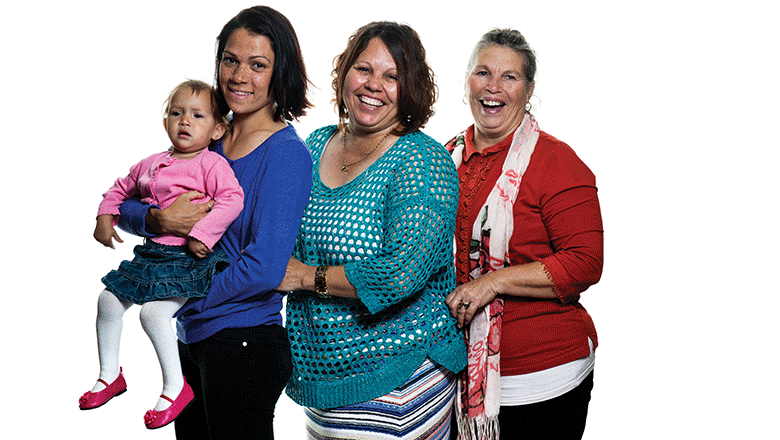Search
As Head of Aboriginal Research Development at Telethon Kids, Glenn Pearson believes his work brings us closer to identifying the real and whole Australian story

News & Events
NHMRC funding awarded to support child health researchThe Kids Research Institute Australia researchers have been awarded more than $10 million in research funding from the National Health and Medical Research Council (NHMRC).

News & Events
New study to investigate maternity provision for Aboriginal womenA multi-faceted study led by a Murdoch University researcher will influence the way maternity services support Aboriginal women in WA during pregnancy and birth
News & Events
Experts gather for Aboriginal Immunisation WorkshopExperts in Aboriginal infectious disease research are in Perth this week for the National Indigenous Immunisation Research Workshop (November 7-8).
News & Events
Aboriginal Health Researchers Win Major Discovery Grantsesearchers from Perth's Centre for Research Excellence in Aboriginal Health and Wellbeing have won more than $1.3 million in competitive funding
News & Events
Aboriginal researcher NAIDOC Person of the YearThe head of Indigenous research at Perth's The Kids for Child Health Research has been honoured as the 2008 National NAIDOC Person of the Year.
News & Events
MEDIA BACKGROUNDER - WA Aboriginal Child Health SurveyThe Western Australian Aboriginal Child Health Survey is the most extensive survey of Aboriginal families ever undertaken.
News & Events
Disadvantage begins in the wombAboriginal children are faced with significant impediments to their chances of a healthy life even before they are born.
Research
Folate Status and Neural Tube Defects in Aboriginal Australians: The Success of Mandatory Fortification in Reducing a Health DisparityMandatory flour fortification with folic acid in 2009, led to further reductions in overall neural tube defects
Research
Repeat pneumococcal polysaccharide vaccine in Indigenous Australian adults is associated with decreased immune responsivenessThese findings highlight the critical need to evaluate the efficacy of future pneumococcal vaccine programs in the Australian Indigenous populations that recommend repeated doses of 23vPPV.
